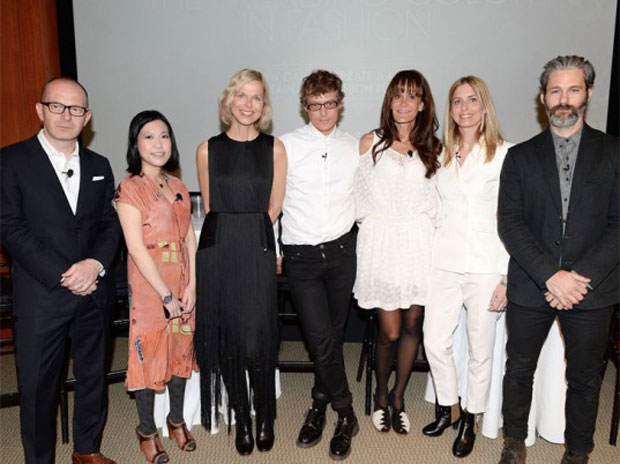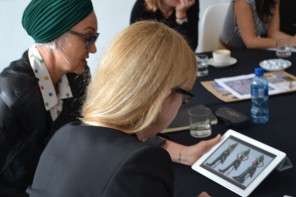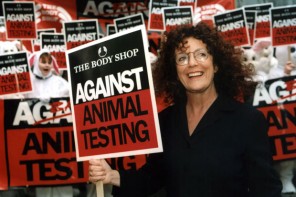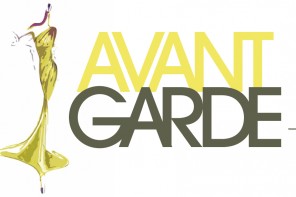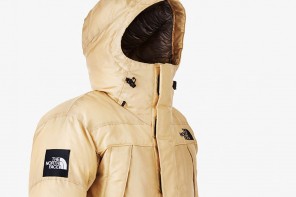Depending on whom you ask, H&M is either the problem or the solution for bringing sustainable fashion to the consumer. The Swedish retailer isn’t just any apparel firm, after all. When it comes perpetuating our culture of “fast fashion”—low-quality, inexpensive garments, churned out at a dizzying pace—H&M, with its more than 2,800 stores in 49 markets, is second only to Zara in terms of reach. But while H&M’s global influence isn’t a matter of debate, the company’s recent campaign to reposition itself as a bulwark of sustainability is far more controversial. Equally polarizing? H&M’s new, self-appointed role as ecological thought leader, which it parlayed last month into its first-ever “Conscious Talk” panel on the fashion industry’s role in creating a sustainable future.
The Conscious Talk video can be viewed here.
CONSCIOUS TALK
Hosted by Vogue at the Condé Nast auditorium in New York City, the roster of experts comprised Helena Helmersson, H&M’s global head of sustainability; Catarina Midby, H&M’s global head of fashion and sustainability communication; fashion consultant (and former Barneys fashion director) Julie Gilhart; Loomstate founder Scott Mackinlay Hahn; Honest By’s Bruno Pieters; and Ecouterre’s managing editor, Jasmin Malik Chua.
Key points we picked out from the discussion were the following:
- the customer is key to bringing about change when it comes to sustainable fashion
- your average customer doesn’t really care about the environment, they buy what makes them feel good and what’s easy therefore we need to make the “easy” purchase the “right” purchase; the more ethical and sustainable option.
- perhaps it’s not up to giant corporations to bring sustainable fashion to the market and instead the consumer who needs to demand ethical and sustainable fashion from the retailers. Retailers will sell what makes them the biggest profit after all…
- institutions should offer courses on sustainability and educate our future designers and buyers about the environment and making sustainable fashion choices. I like to think this is what we, at Live Eco, are encouraging with our annual Avant Garde dress competition
- do we need to embark on a fashion revolution?
- consumers have lost the art of mending items; purchases hold less value to consumers as a result of fast fashion
- consumer incentive programmes need to be created in order to encourage consumers to “buy conscious”
- change will depend on the conscious individuals
So what are the solutions?
Collins noted that all the answers to finding a sustainable future for fashion certainly wouldn’t be found at the panel, but it was a big step getting a company like H&M to start a conversation about sustainable fashion.
Chua offered up to the panel a real look at the challenge of bringing sustainable fashion to the masses. “People won’t always do the right thing,” she said, “but they’ll always do the easy thing. Our challenge is making the right thing the easy thing.”
Midby echoed the sentiment pre-panel that the idea of creating something like the Conscious Collection was to offer customers a better choice of fashion with the added value of sustainability. “Our sustainability work is very extensive but people come to us for fashion, so if we want to get the message out and start a dialogue, we need to work around fashion and the collection.”
Gilhart sees a more aggressive future. “Everyone will eventually be responsible for what they make or get fined,” she said.
Thanks to Greenpeace’s aggressive “Detox” campaign, many big brands including luxury names like Chanel and Prada who have been contributing to massive deforestation and water pollution, are getting negative attention to force them to change. Even popular outerwear brands including Patagonia and The North Face haven’t escaped scrutiny.
Mackinlay Hahn offered perhaps the best advice for a takeaway, “Know where the top 10 things you use everyday come from and that will start bringing you to a higher level of thinking when it comes to consuming,” he said. “Also meditate. You’ll soon feel a difference.”
Sage words from one of the more sustainable designers out there.
Via ecouterre.com

